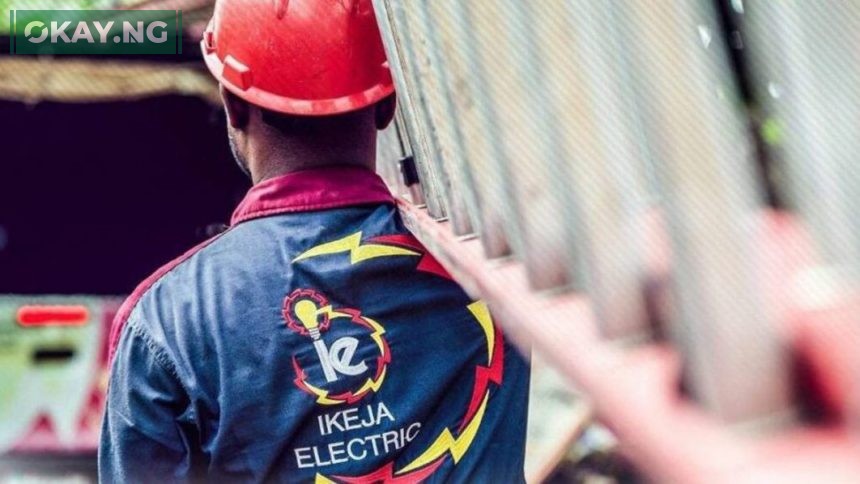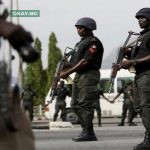The air crackles with tension at the Nigerian Air Force Base in Ikeja. For twelve days, an unrelenting power outage has transformed the ordinarily secure facility into a potential disaster zone, a stark reminder of the fragile balance between routine and calamity. As I delve into this crisis, I can’t help but feel the weight of the situation – the very real possibility of a devastating explosion.
“These bombs are not meant to be exposed to extreme heat. The longer this blackout continues, the higher the risk of an explosion,” a senior military officer confided, their voice heavy with concern, according to a Guardian report. This warning echoes the harrowing events of the 2002 Ikeja Cantonment bomb blast, a tragedy that still haunts the city. The current blackout has left high-caliber armaments vulnerable to rising temperatures, a perilous situation that could replicate, or even surpass, the devastation of that earlier catastrophe.
The immediate threat extends beyond munitions. The base’s reference hospital, a vital lifeline for military personnel and their families, has been plunged into chaos. Essential medical equipment lies dormant, surgeries are canceled, and the morgue struggles to preserve bodies under a faltering power supply. It’s a stark picture of how infrastructure failures can quickly erode the foundations of essential services.
The human cost is palpable. Soldiers, already facing the rigors of military life, are now battling a relentless heatwave, leading to cases of meningitis and forcing some to sleep outdoors. “This is a military base, not a refugee camp,” an officer lamented, encapsulating the frustration and desperation felt by many. The strain on their well-being is a stark reminder that national security begins with the welfare of those who serve.
Read Also: US Tariffs Threaten Global Inflation, Nigeria at Risk, Warns CBN Governor
Adding to the complexity is the precarious storage of Jet A1 fuel. This highly flammable substance, vital for military aircraft, is now exposed to scorching temperatures, creating a significant fire hazard. The potential for a chain reaction, where a fuel fire triggers a munitions explosion, is a nightmare scenario.
The root of this crisis lies in a contentious relationship with Ikeja Electric. Despite contractual agreements and substantial payments – documents show the NAF paid ₦60 million in November 2024, yet received only ₦43.4 million worth of electricity – the base has been left in darkness. Military officials allege “sabotage with dire national security implications,” accusing Ikeja Electric of deliberately withholding power. This accusation raises serious questions about accountability and the reliability of critical infrastructure.
The base commander’s 48-hour ultimatum underscores the urgency of the situation. “The troops are watching, and they know this is deliberate,” the commander stated, highlighting the growing unrest among personnel. This isn’t just a technical problem; it’s a matter of morale and trust.
Residents of Ikeja and surrounding areas are understandably anxious. The memory of the 2002 blast is a constant reminder of the potential consequences. “This isn’t just a military issue—it’s a public safety crisis,” a local security expert emphasized. The fear is palpable, a collective unease that permeates the community.
The situation demands immediate and decisive action. It’s imperative that Ikeja Electric restores power to the base without delay and that a thorough investigation is conducted into the alleged discrepancies in payments and service delivery. The safety of military personnel and the surrounding civilian population hinges on it. We must remember that the failure of critical infrastructure can have cascading effects, impacting not just national security but the very fabric of our communities.












